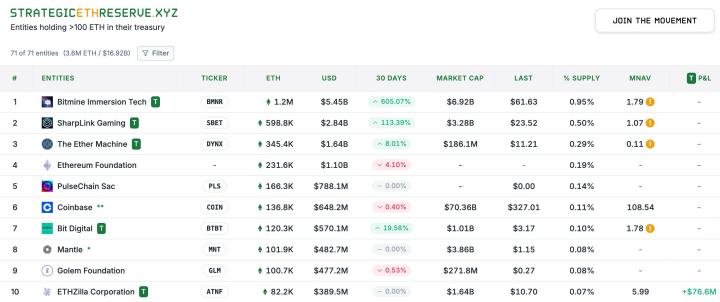Vietnam Officially Recognizes Cryptoassets Under New Law
The Future of Cryptoassets and Digital Technology in Vietnam
On June 14, the Vietnamese National Assembly officially passed legislation on digital assets, opening a new era for the cryptoasset market. Specifically, this law also establishes a legal framework for artificial intelligence (AI) – a significant step in promoting the country's digital transformation. The voting ratio of 441 out of 445 votes shows high consensus, paving the way for an increasingly robust digital economy in Southeast Asia.
Official Recognition of Cryptoassets in the New Law
On 14/6, the Vietnamese National Assembly officially recognized digital assets, defined as legal digital assets under the Civil Code. This is a clear application for cryptocurrencies like Bitcoin, ETH – while opening up legal investment and trading opportunities for businesses and investors.
Digital Asset Classification in the New Law
- digital assets: Non-financial tokens, reward points, game items
- Cryptoassets: Blockchain-based tokens like Bitcoin, ETH, which can be expanded with Non-Fungible Token
Note that traditional financial instruments, central digital currencies (CBDC), or traditional securities remain outside the scope of this law.
When Will the Law Take Effect?
The Digital Technology Law is expected to take effect from January 1, 2026. This is not just a legal framework for digital assets but also shapes the development of AI, blockchain, and semiconductor industries – helping Vietnam become a leading technology center in the region.
Vietnam's Technology Development Strategy
This policy reflects the government's ambition to promote productivity, creativity, and artificial intelligence through clear regulations and comprehensive technology management, contributing to enhancing global competitiveness.
International Compliance Priority
Vietnam was previously listed in the FATF gray list due to its loose cryptocurrency policies. The new law focuses on integrating anti-money laundering (AML) and counter-terrorism financing (CFT) standards, enhancing the country's reputation in the global digital financial sector.
The cryptocurrency industry will be strictly controlled to prevent illegal use and protect financial security, while standardizing cybersecurity measures and fraud prevention.
Potential and Next Steps
When the law officially takes effect, Vietnam will proactively:
- Develop clear licensing and operational guidelines
- Tighten compliance standards for financial institutions and cryptoasset services
- Strictly enforce AML, CFT, and cybersecurity regulations
This policy is expected to attract international capital, promote innovation in digital fields, and enhance Vietnam's position on the global technology map.







